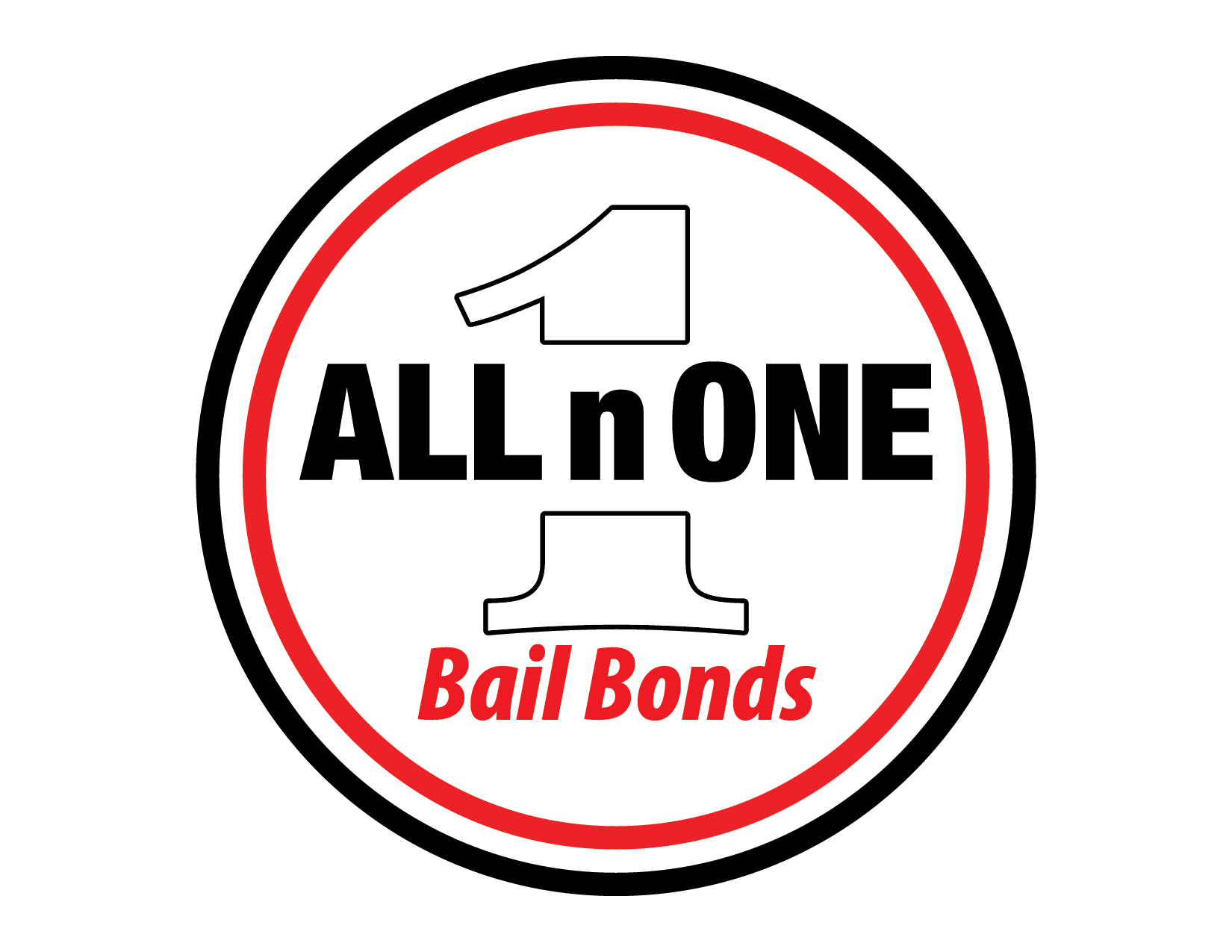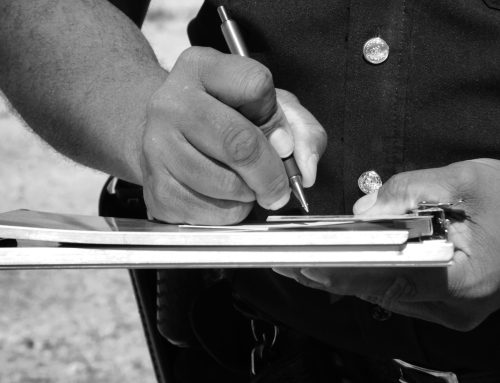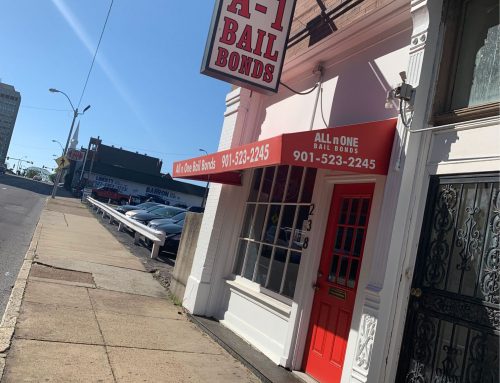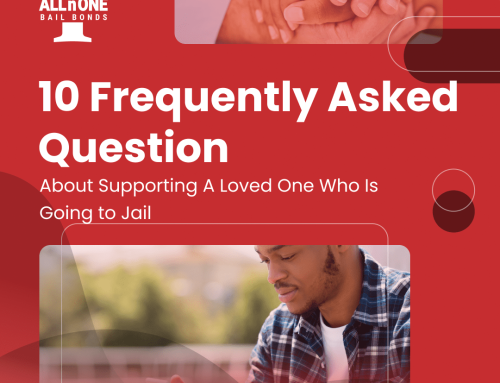If you or your loved one has been accused of a violent crime, law enforcement officers might take advantage of a temporary hold. The 12-18 hour hold gives potential victims time to escape to safety. During this time, the accused person cannot post bail and will not be released into the public. The practice is especially common in cases of alleged domestic violence. Temporary holds are also fairly common for DUI Memphis arrests.
Why Is the 12-18 Hour Hold Used in Domestic Violence Cases?
Unless the accused person caused severe injuries to the alleged victim, he or she would otherwise be immediately released upon posting bail. This could create tension when the individual returns home and could cause things to escalate. In some cases, women and children have died following the return of an angry accused person. Consequently, it is often referred to as a “cooling off” period.
Over the years, lawmakers found a compromise between protecting victims and allowing people who can post bail to walk free. They recognized that, when allegations are true, the hours immediately following the arrest are crucial for victims to flee and recover. Lawmakers also recognized that abusive partners might resort to excessive violence as punishment for reporting the crime and to regain control.
What Makes a 12-18 Hour Hold More Likely After Allegations of Domestic Violence?
Temporary holds occur when law enforcement officers determine that the individual poses a serious threat to the victim and his or her loved ones. When making Memphis arrests, officers listen for four main pieces of information to determine if a hold is necessary:
- Evidence of serious injuries caused to victims, especially minors
- Threats to seriously injure or kill the victim, especially minors
- The use or threatened use of a deadly weapon to intimidate or harm the victim
- A pattern of threats or actual use of deadly weapons against the alleged victim
In Tennessee, there are ways around temporary holds. A court magistrate could determine enough time has passed for the victim to seek protection. He or she can then order the release of the individual, pending the payment of bail.
Why Is the 12-18 Hour Hold Used in DUI Cases?
When people are arrested on DUI charges, they can usually post bail and return home. If their cars have been impounded, they might have the resources to get the car released as well. Driving the vehicle home while still intoxicated could put others at risk. Even when the individual no longer has access to the car, there is no guarantee he or she does not have access to another.
Intoxicated persons can also pose risks to others and themselves, even without being behind the wheel. Intoxication affects people’s judgment and coordination, which could cause them to stumble into roadways or attack other people. Because of this, when people accused of DUIs are held in custody for 12 hours before being allowed to post bail, it’s called a “sobering period.”
What Makes a 12-18 Hour Hold More Likely After a DUI Arrest?
Sometimes a police officer has no idea someone is intoxicated until a traffic stop. At this point, the officer might smell alcohol on the person’s breath or determine the person is not fully coherent. In mild cases, it might take only a few hours for the person to sober up. For more severe cases of intoxication, officers may believe a full 12-18 hour hold is required. Here are some signs this might be true:
- The accused person had a traffic accident and caused damage to property or caused injuries to others
- The accused person attempted to flee the scene after causing an accident or during a traffic stop
- The accused person did not have a traffic accident but illustrated an inability to drive safely
- The accused person tested above 0.08% BAC on a breathalyzer or blood test
- The accused person became combative during the arrest
- The accused person had minors in the vehicle at the time of the DUI arrest
What Happens After the 12-18 Hour Hold?
Some crimes have bail amounts that fall into predetermined schedules. In these instances, the accused persons might be able to post bail and leave the facilities. The processing time for posting bail and being released can last for an additional six to eight hours. This gives alleged domestic violence victims even more time to find safety. It also provides more time to cool off or sober up for accused persons.
For more serious crimes or complex cases, a bail hearing might be required. In these instances, depending on when the crime occurred, a 12-18 hour hold might have occurred incidentally anyway. For example, someone arrested on a Friday night who requires a bail hearing would spend the weekend in jail, because there is unlikely to be a hearing before Monday.
There are also cases where there is no bail and the individual could be released on own recognizance. ROR could be determined immediately, based on schedules, or after a bail hearing. In either case, officers may hold the individual for an extra six to eight hours.
How Can All n One Bail Assist After a 12-18 Hour Hold?
Domestic violence and DUI crimes do not always lead to immediate, lengthy incarcerations. Even so, they can in the future. Tennessee can sentence even a first offender to nearly a year behind bars for a DUI. Domestic violence charges carry similar potential penalties even when classified as a Class B Misdemeanor.
To reduce the likelihood of a criminal record, soiled reputation and long incarceration, accused persons may need to hire an experienced attorney. We do not have attorneys on staff at All n One Bail and cannot represent accused parties at bail hearings or any other court proceedings. Our team also cannot provide any legal advice.
We can, however, attend bail hearings to help you post bail sooner. Our team can also liaise with loved ones on the outside to get the bail process completed faster. Your loved ones can submit an online bail application while waiting out your 12-18 hour hold. We are open 24 hours per day to serve you.
Source:
http://www.ctcadv.org/files/7114/2565/9928/Temporary_Hold_March_2015.pdf





